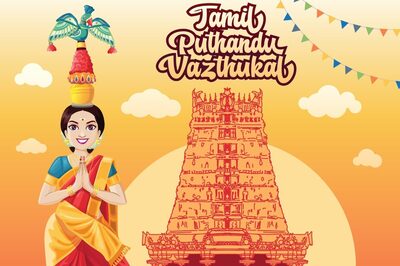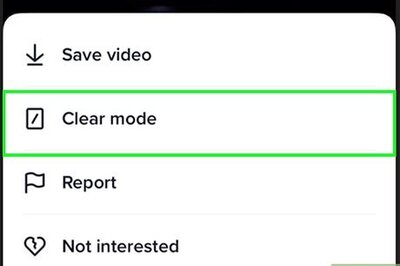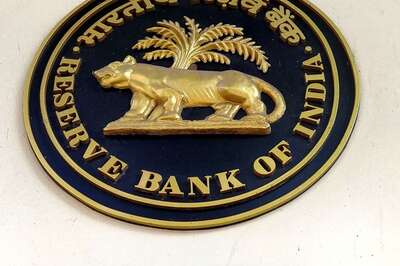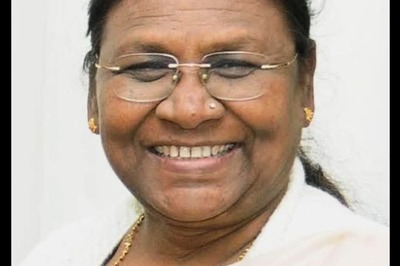
views
New Delhi: After the 17th Lok Sabha elections conclude, one of the first things that the newly sworn-in government will have a look at is the report submitted by Justice (Retd) G Rohini-led panel appointed by the President on the sub-categorisation of Other Backward Classes.
Initially, the commission headed by Justice (Retd) Rohini was given 12 weeks to submit the report to the President. It was asked to “examine the extent of inequitable distribution of benefits of reservation among the castes or communities included in the broad category of Other Backward Classes, to work out the mechanism, criteria, norms and parameters in a scientific approach for sub-categorisation and identify the respective castes or communities or sub-castes or synonyms in the Central List of Other Backward Classes and classifying them into their respective sub-categories”.
However, Dr. J.K. Bajaj, Director, Centre for Policy Studies and a member of the Justice Rohini-led panel, told News18 that there are no plans of seeking any extension this time and the report would be submitted before May 31.
The only hindrance to submit the report now is the ongoing elections in India.
“In all probability, we will not seek an extension this time. The report has to be submitted after the general elections are over. If we have to submit now then there is no one to whom we can submit the report. Now, neither the election commission will allow nor will any constitutional authority accept the report,” said Bajaj.
Bajaj further said that the “report is nearing end” and that census related data has been provide by the Registrar General of India.
“We are almost about to complete it. The Registrar General of India has been attending our meetings. Whenever we have requested the RGI to come and attend the meeting, he has. So the numbers part is well taken care of,” he added.
The extension was granted after the panel could not finish the “voluminous task” within the earlier set deadline of July 31. The panel was earlier given an extension till November 2018 and was the third postponement since the first date of March 2018 expired.
One of the primary hurdles before the commission has been to enumerate the exact numbers under the OBC list and check whether the upper caste OBCs have snatched the benefits intended for the entire community.
The Mandal Commission had brought in some sweeping changes in the country’s political landscape by granting 27% reservation to OBCs. This new panel is now being looked at from the optics of Mandal 2.0 — an attempt by the ruling government to show the lower castes within OBCs that it thinks about them.
The Mandal Commission had relied on the 1931 caste census data to propose that India had 54% OBC population and recommended 27% reservation for the caste group.
But since then, the government has conducted socio-economic and caste census only once in 2011 during the UPA government, the first findings of which were submitted later to the NDA government in July 2015.
However, the full report has not been made public.
The caste data, along with socio-economic indicators, is considered a pandora’s box, which the government may find too hot to handle. Caste enumerations may throw up fresh quota demands based on empirical data, which has not been available since 1931.




















Comments
0 comment